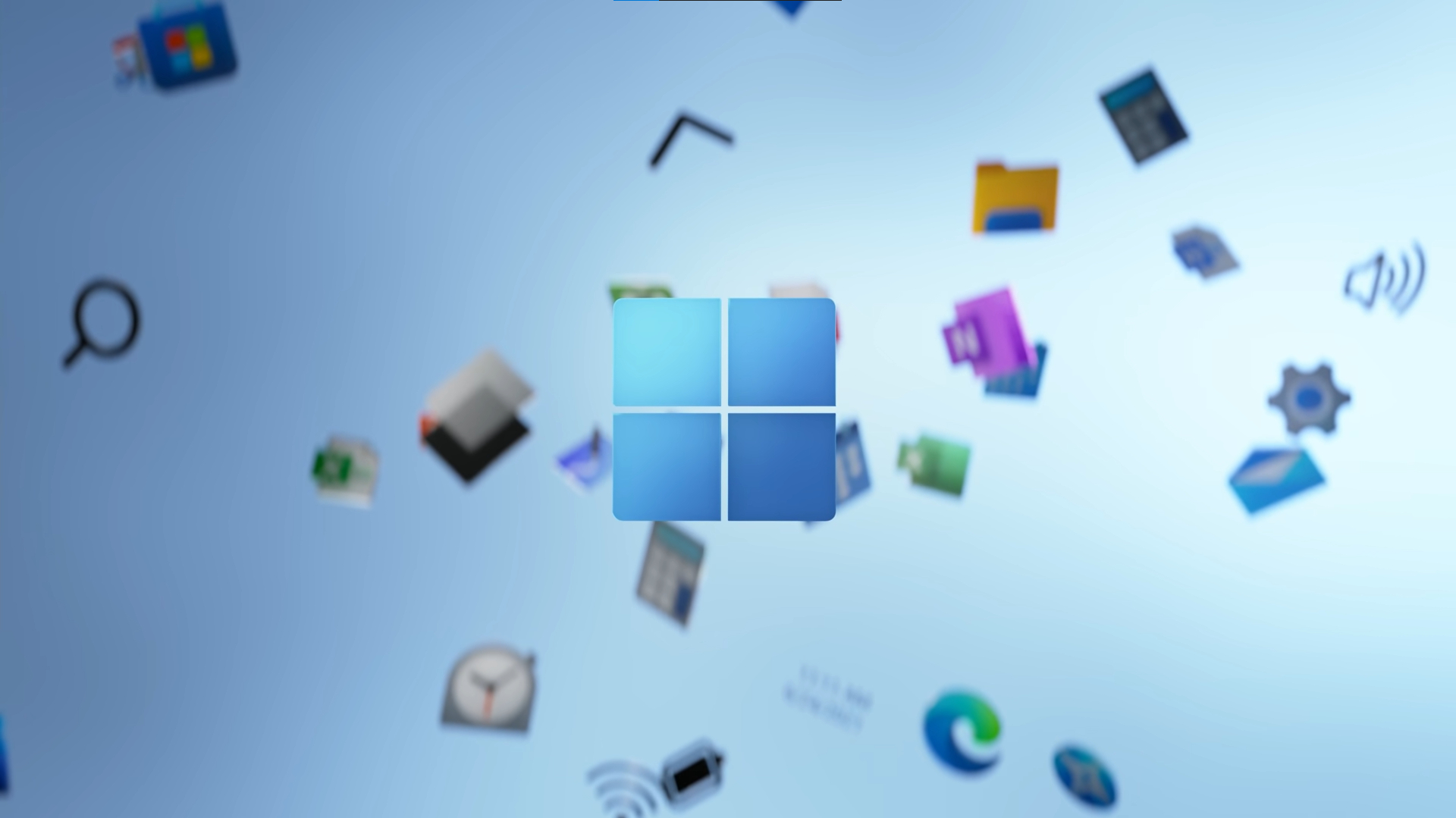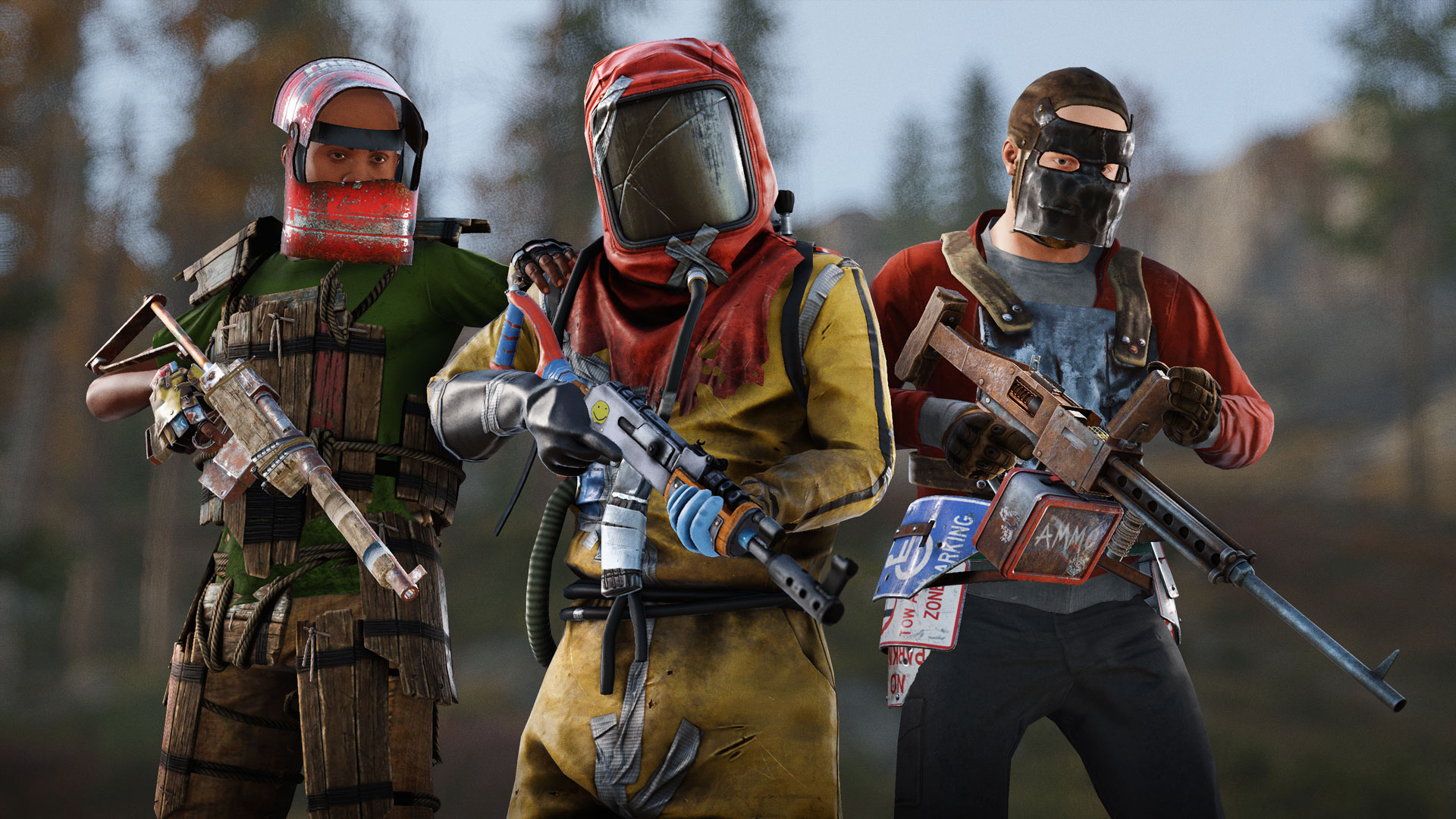
It will have been supported for just over 10 years.
Have you been putting off upgrading to Windows 11 ever since it launched? If you want your rig to be as secure as possible, you don’t have long left until you pretty much have to.
As pointed out by Windows Central, Windows 10 only has a year of official support left until it stops getting updates on October 14, 2025. Users will still be able to work with the software, of course, but using an OS without updates can lead to security problems. Without regular updates to catch new threats, users are effectively left to fend for themselves when it comes to security threats, viruses, and more.
Many have chosen not to update to Windows 11 for a few reasons. The first is that getting to this software first can often leave new adopters with issues that will be fixed later. Windows 11 24H2 has a cache problem that leaves up to 8.63 GB of undeletable data on computers. This will be fixed but the fact you run into this problem on new software and not old will put off users from making the jump.
As well as this, Windows’ business model of selling you the OS, then continuing to upsell you on Game Pass, One Drive, and all manner of software can be quite irritating to a user who just wants to be left alone with their PC.
Alongside these irritations, broader scepticism around AI, and specifically the implementation of Copilot and Recall, has left many cautious of the update. I share this caution.
Finally, it’s worth noting that Windows 11 system requirements initially kept many from upgrading due to things like the requirement for motherboards to have a TPM. Rufus, the bootable Windows software can let users bypass that but it’s still a worry to those who may want to upgrade. This same issue can be a problem for businesses that need computers to use the same software en masse.
However, from my experience talking to Windows 10 die-hards, at least some of the trepidation around upgrading seems to be the fear of changing from the comfortable look and feel of Windows 10 to something a little shinier. When a PC has worked just fine up until now, many feel that there’s no need to change a winning formula.
(Image credit: Jakub Porzycki/NurPhoto via Getty Images)
What is artificial general intelligence?: We dive into the lingo of AI and what the terms actually mean.
Last month, for the first time, Windows 11 was a more popular OS than Windows 10 in the Steam Hardware Survey. Of course, this is an imprecise science as people have to opt in to having their machines measured but it’s a sign of wider adoption. Windows 8, on the other hand, never made it big enough to do the same in its lifespan. Windows 7 was a very popular OS and adoption even to Windows 10 was fairly slow initially, partially down to that skepticism.
With all new Windows machines coming loaded with Windows 11 as default, the number of Windows 10 users will slowly shrink, and the same will happen with whatever replaces Windows 11 in the future.
The future is now (or should I say next year?), old man.






